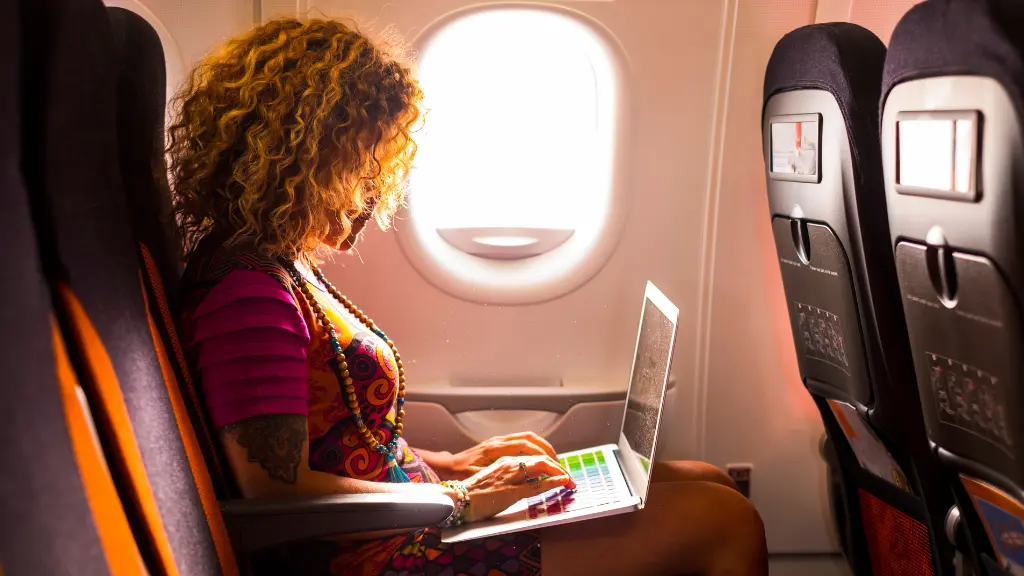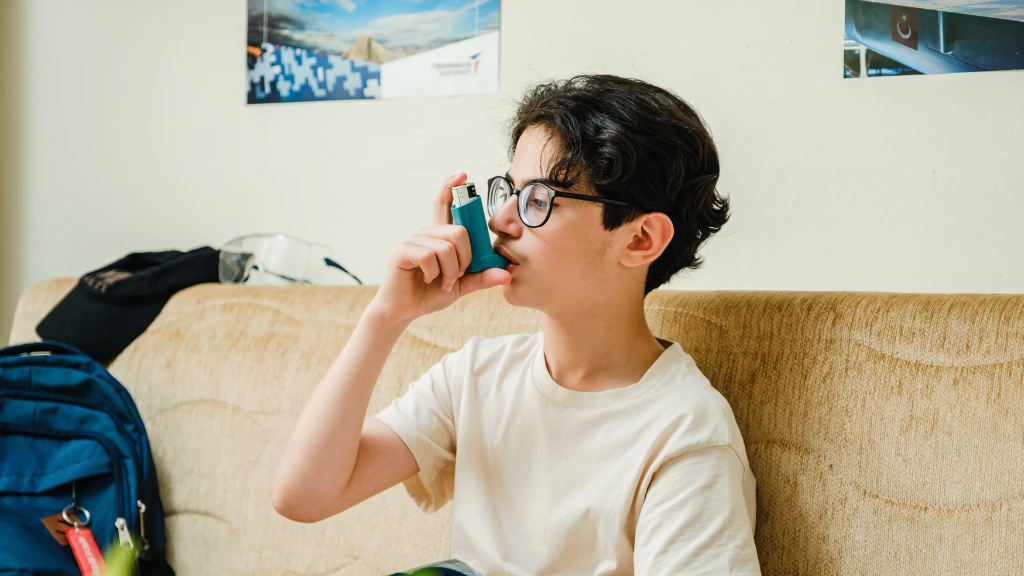Flying and alcohol are often linked. Some people love to start their vacation with a drink, while others use it to calm pre-flight nerves. But is it really a good idea to drink alcohol on an airplane? Understanding the effects of alcohol at high altitudes and how it interacts with the in-flight environment can help you make an informed choice.
You May Also Like: Why Does Humidity Make Us Miserable?
How Alcohol Affects Your Body in the Air
Alcohol affects the body differently at high altitudes compared to on the ground. Here’s how:
- Altitude Enhances Alcohol’s Effects
Flying at cruising altitude puts you at lower air pressure than ground level. Even though airplane cabins are pressurized, the pressure is equivalent to 6,000 to 8,000 feet above sea level. This reduced oxygen level can make you feel the effects of alcohol faster and more intensely. - Dehydration Risk
Airplane cabins are dry, with humidity levels often below 20%. Alcohol is a diuretic, which means it encourages your body to lose fluids. Combined with the low humidity, this can increase dehydration risk, causing dry skin, fatigue, and headaches. - Increased Fatigue and Jet Lag
Alcohol can interfere with your sleep cycle and reduce the quality of rest. Consuming it during a flight can worsen fatigue and jet lag. This may make it harder for your body to adjust to a new time zone once you land. - Heightened Effects of Fatigue and Stress
The stress and anxiety of air travel can already be draining. Alcohol can enhance feelings of fatigue and impair your ability to cope with typical travel-related stressors, like delays or long waits.
Alcohol and Cabin Pressure: A Unique Combination
When you drink at altitude, you’re effectively “drinking at altitude.” Airplanes are pressurized to make the experience more comfortable, but your blood oxygen levels are still lower than on the ground. This reduced oxygen affects how your body processes alcohol, often making a standard drink feel much stronger. A single glass of wine may feel closer to two drinks at sea level, which can quickly lead to overconsumption without realizing it.
Health Risks of Drinking Alcohol While Flying
- Diminished Cognitive and Physical Abilities
Alcohol affects coordination, reaction times, and mental clarity. In an environment where you may need to respond to instructions or move through tight spaces, alcohol can impair your ability to react quickly and safely. - Digestive System Discomfort
Alcohol can lead to bloating and discomfort, as gases in the digestive tract expand in lower air pressure. This can make you feel more bloated and uncomfortable, especially on long flights. - Exacerbating Existing Health Conditions
People with certain health issues, such as diabetes, respiratory conditions, or heart problems, may experience worsened symptoms when drinking on a plane. Dehydration, combined with alcohol, can put additional strain on the heart and lungs. - Increased Likelihood of Illness
Airplanes are confined spaces with recirculated air. Alcohol weakens your immune system, making you more susceptible to infections, like the common cold or flu. During a flight, this can be a real concern.
How Much Alcohol is Safe on a Plane?
If you decide to drink while flying, moderation is key. Experts generally recommend limiting alcohol to one drink per hour to prevent dehydration and allow your body time to process the alcohol. It’s also advisable to have a glass of water with each alcoholic beverage to help counteract the dehydrating effects.
Tips for Drinking Responsibly on a Flight
- Stay Hydrated
Aim to drink at least one glass of water for every alcoholic drink. This helps counteract dehydration and maintain your overall comfort during the flight. - Eat Before You Drink
Having a meal before or with your drink can help slow down alcohol absorption, making the effects less intense. Avoid drinking on an empty stomach to reduce the risk of feeling unwell. - Choose Lower-Alcohol Options
Opt for beer or wine instead of high-proof liquors. Lower-alcohol choices may be easier on your body and make it easier to drink in moderation. - Time Your Drinks Wisely
Avoid drinking alcohol in the last hour of the flight. This helps your body start adjusting to the landing and reduces the chance of feeling groggy upon arrival. - Skip Alcohol on Short Flights
For flights under 3 hours, it might be best to skip alcohol altogether. This can help you stay fresh and alert, and you won’t have to deal with its effects on a shorter journey.
Alcohol-Free Alternatives for a Smoother Flight
If you’re in the habit of drinking to unwind during flights, there are plenty of enjoyable alternatives that won’t leave you feeling dehydrated or groggy. Try these options instead:
- Herbal Teas
Chamomile or mint tea can help you relax without the dehydrating effects of alcohol. Many flights offer a selection of herbal teas that can be refreshing and soothing. - Mocktails
Many airlines now offer non-alcoholic mocktails that mimic the taste and fun of a cocktail without the downsides. Look for options like a virgin Mary or a fruity blend. - Carbonated Water with a Twist
A glass of sparkling water with a slice of lemon or lime can be refreshing and satisfying, without dehydrating your body. - Coconut Water
If available, coconut water is a natural electrolyte drink that can help keep you hydrated and give you a taste of something tropical.
Understanding Airline Policies on In-Flight Alcohol
Most airlines serve alcohol during flights, but policies vary. Airlines monitor the amount served to each passenger to ensure safety. You’re also not allowed to consume your own alcohol on the plane. Consuming excessive alcohol may lead to intervention from the crew, as in-flight behavior is closely monitored for safety. The goal is to ensure all passengers can enjoy a smooth and safe experience.
The Final Verdict: To Drink or Not to Drink?
While having a drink or two on a flight isn’t inherently bad, it comes with risks. The environment of an airplane is unique, with factors like altitude, cabin pressure, and dry air all working together to make alcohol affect your body differently than it would on the ground. If you’re heading into a vacation, consider whether a drink on the plane is worth the trade-off of feeling fatigued, dehydrated, or jet-lagged when you arrive. Staying mindful of your body’s needs and making adjustments based on your comfort level can make your flight experience smoother and more enjoyable.










